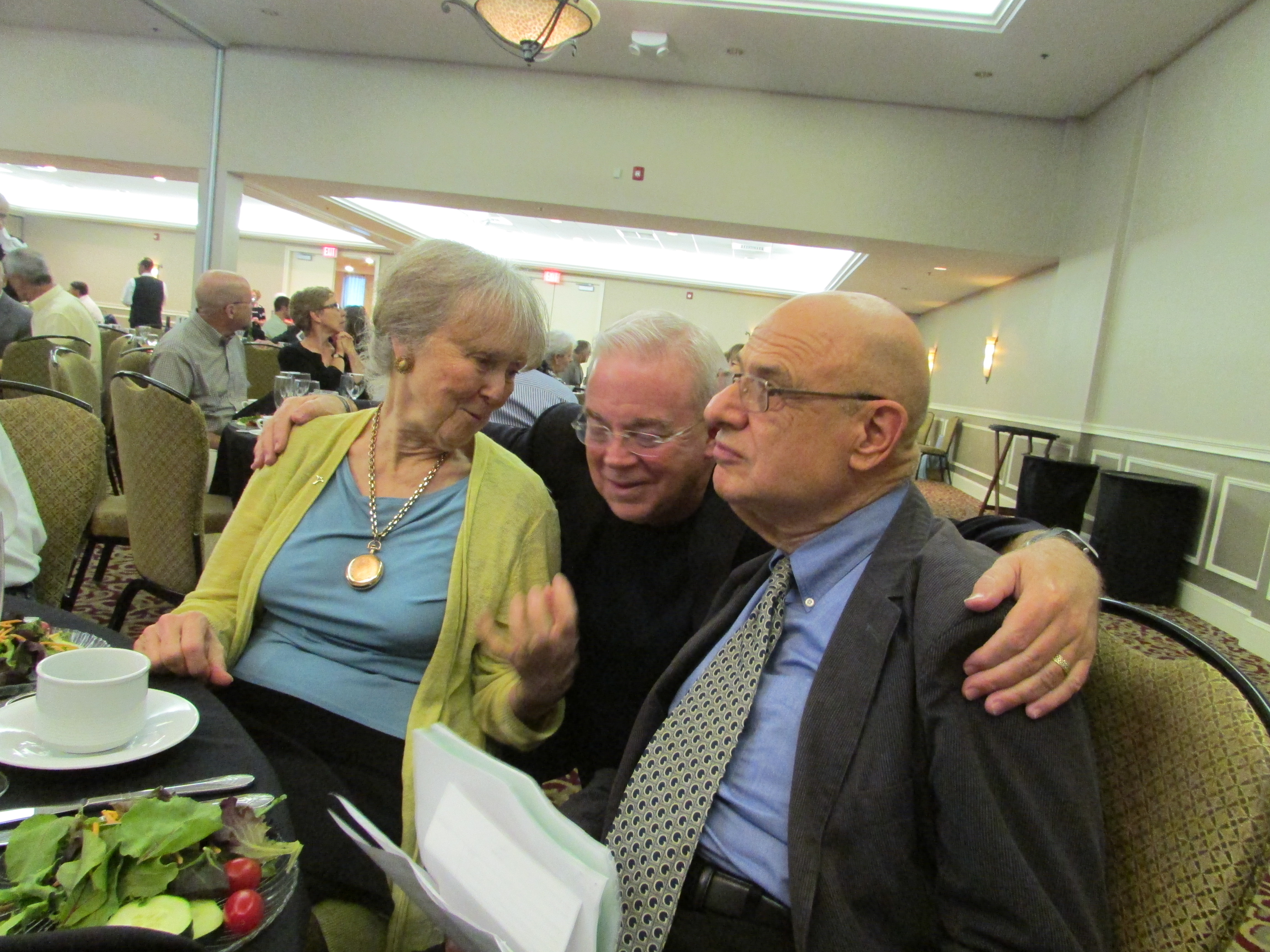Tom and I have just returned from the Evangelicals for Social Action conference Following Jesus 2013. It was a very impacting conference for both of us. At one of the panels, Lisa Sharon Harper raised the question Do we have the capacity for compassion? Soong-Chan Rah followed it up with a discussion on the importance of lament in the the Psalms. Evidently 40% of the psalms are Psalms of lament yet less than 10% of Christian worship deals with this theme.
Are these facts related? I think they are. Without lament there will be no compassion. Our ability to respond with compassion depends on our view of God and in part our view of God is shaped by our ability to lament, grieve and suffer with God when injustices are done either to us or others. Only a God of love can be broken hearted over the injustices and horrors of our world. Only a loving God can ache with compassion and grieve the results of sin to such a depth that no action, including the death of a beloved son, becomes too great a price to pay to overcome it.
Last week, I reread How God Changes Your Brain, which helps, at least neurologically, to explain this, The authors contend that the personality we assign to God has distinct neural paters that correlate with our emotional style of behavior.
Envisioning an authoritarian or critical entity-be it another person or God-will activate the limbic areas of the brain that generate fear and anger. Thus the brain is primed to fight. (111)
People with this world view tend to favour the death penalty, build up of military poer, punitive action towards illegal immigrants and “insist that prayer should be allowed in public schools.”
However when you perceive God as a benevolent force, a different part of the brain is stimulated in the prefrontal cortex.
Loving, compassionate images, faces, or thoughts activate a circuit that … suppresses the impulse to get angry or frightened. It also helps generate feelings of empathy towards others who are suffering or hurt.
I am not trying to reduce God to some neurological changes in our brain, but it does not surprise me that God changes us through neurological pathways. And according to this book, moving from an authoritarian to a loving God is easy.
1. One of the keys is meditation. Focusing on God as love, God as compassion, God as grieving and broken hearted. These images can literally change our minds. Simply focusing on compassion of an image of peace as we breathe deeply and relax, holding this thought for at least twelve minutes a day, builds and strengthens our neural circuits of compassion in a matter of months.
2. A second key is optimism, or perhaps for Christians, gratitude. Gratitude, thankfulness, being able to see the goodness of God in the midst of awful situation, believing that God is at work, comforting, caring renewing and looking for those signs makes a huge difference in our own ability to respond with love and compassion to those around us.
3.Listening and dialoguing with others. When we do not interact with the poor, the unjustly treated, the abandoned and the marginalized, it is easy for us to ignore their plight. Speaking creates and changes neural pathways. Dialogue can literally change our brains. The more we talk about peace, harmony, justice and abundance for all, the more we imagine these possibilities as realities, the more our brains are changed to believe the seemingly impossible is possible.
4. Faith. In How God Changes Your Brain, the authors suggest that the number one way to change our brains and our behavior, is though faith. Trusting our beliefs, thinking positively about our God of love, decreases stress, improves health outcomes, an improves our ability to cope with difficult situations. “Faith is essential for maintaining a healthy brain. ” affirm the authors – not something that should surprise those of us who are Christians.
But it is what we believe that really impacts our responses. I will finish this post with a prayer that you too might like to pray – and maybe meditate on the strengthen some of those neurological pathways. On the way home in the plane last night I wrote the following prayer – to remind myself of what kind of a God I believe in and why compassionate, loving responses are always necessary.
I believe in a broken hearted God.
Pain sharer, sin bearer, justice carer.
I believe in a love centred God.
Redeemer, reconciler, renewer,
The restorer of all the broken pieces of our universe.
I believe in the God of life,
Justice bringer, peace maker, abundance provider,
For this is the image in which we are being remade.
Amen


3 comments
thanks for sharing this post. This is so true what was said. I pray that all of us can lament more so that we can have more compassion. The world needs more of that at present. God bless you guys!
Thanks Paulo
I agree……if we cannot first feel broken enough to lament….than we can’t really feel compassion..